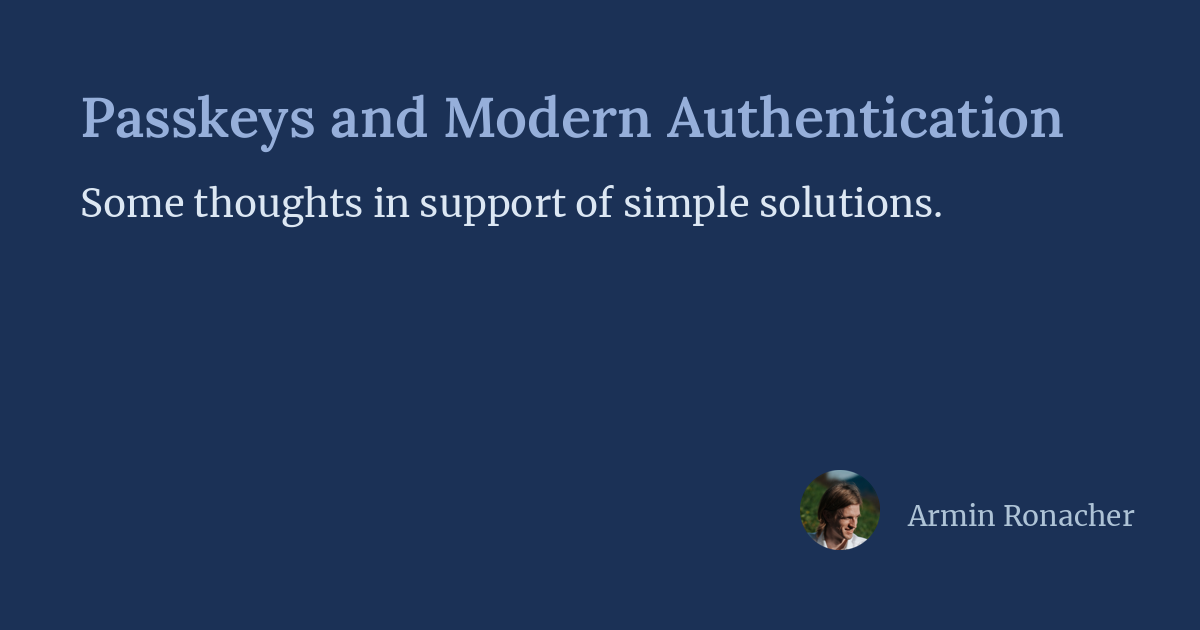996 Work Culture: A Debate on Efficiency vs. Well-being

This article reflects on the prevalent "996" work culture (9 AM to 9 PM, 6 days a week) in the tech industry. The author uses personal experience to argue that while loving work and occasional late nights are fine, this shouldn't be the foundation of company culture. Long hours negatively impact personal life and don't guarantee efficiency, often leading to burnout and reduced productivity. The author advocates for prioritizing employee well-being and avoiding the use of "996" as a measure of success.
Read more
